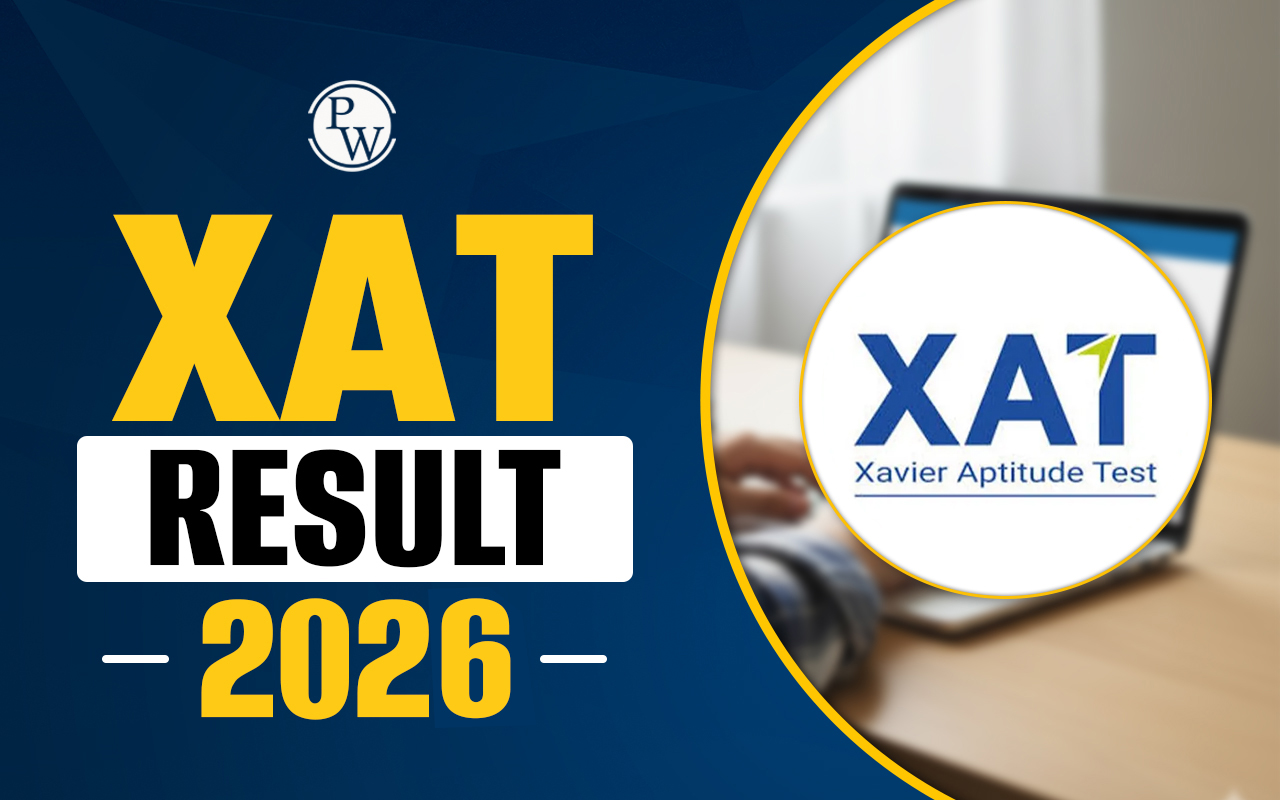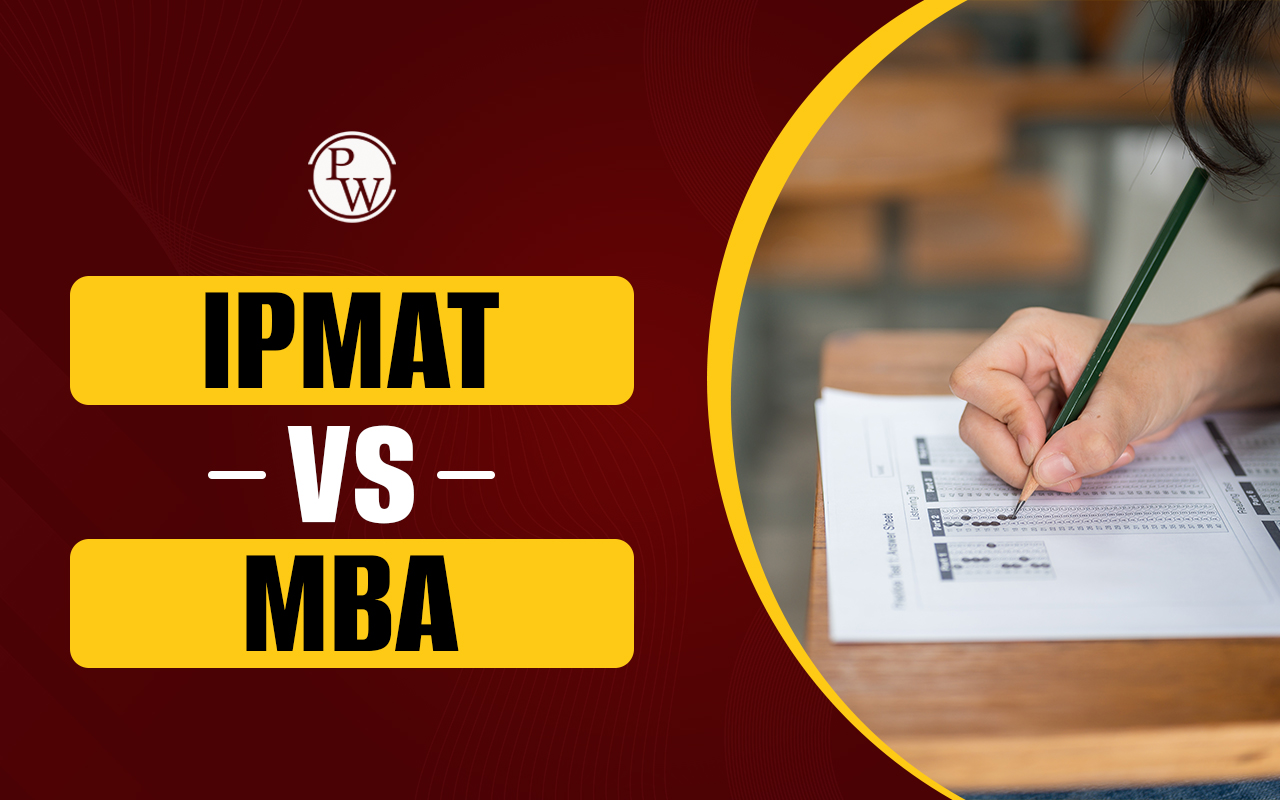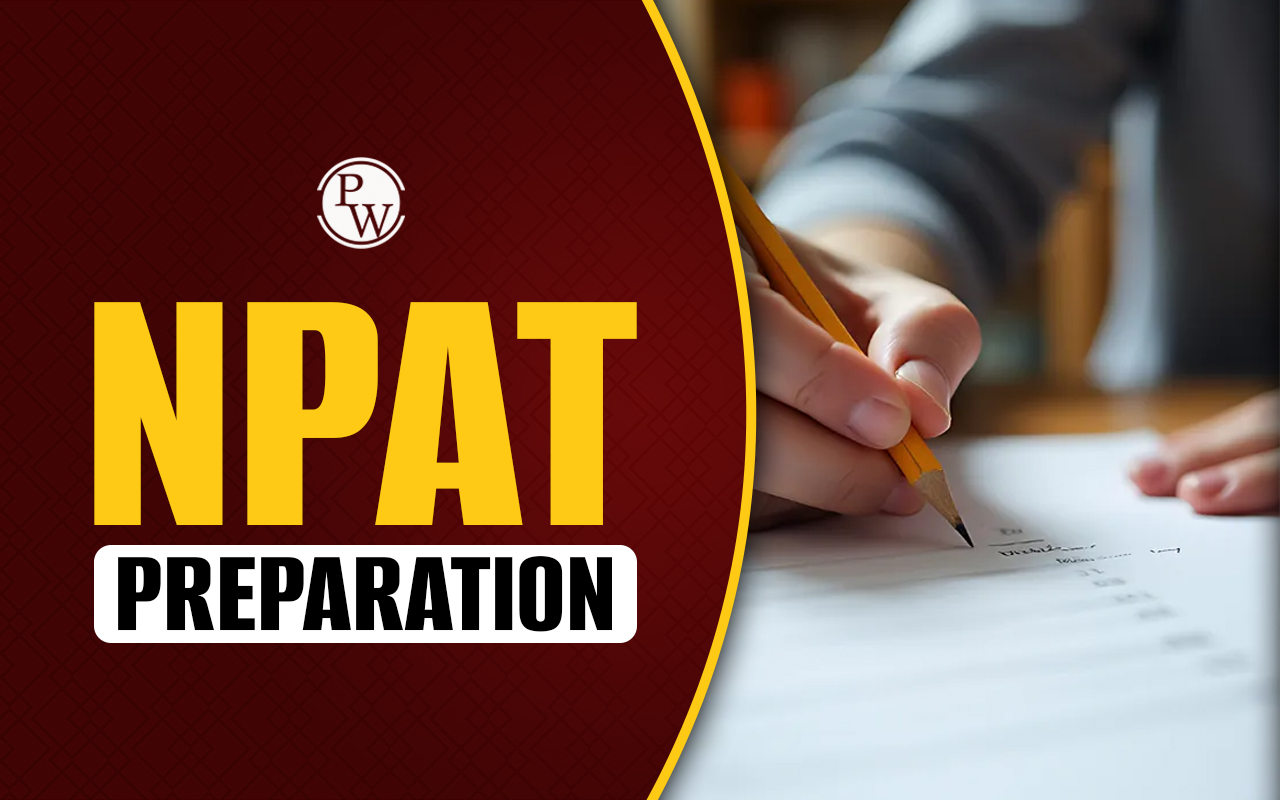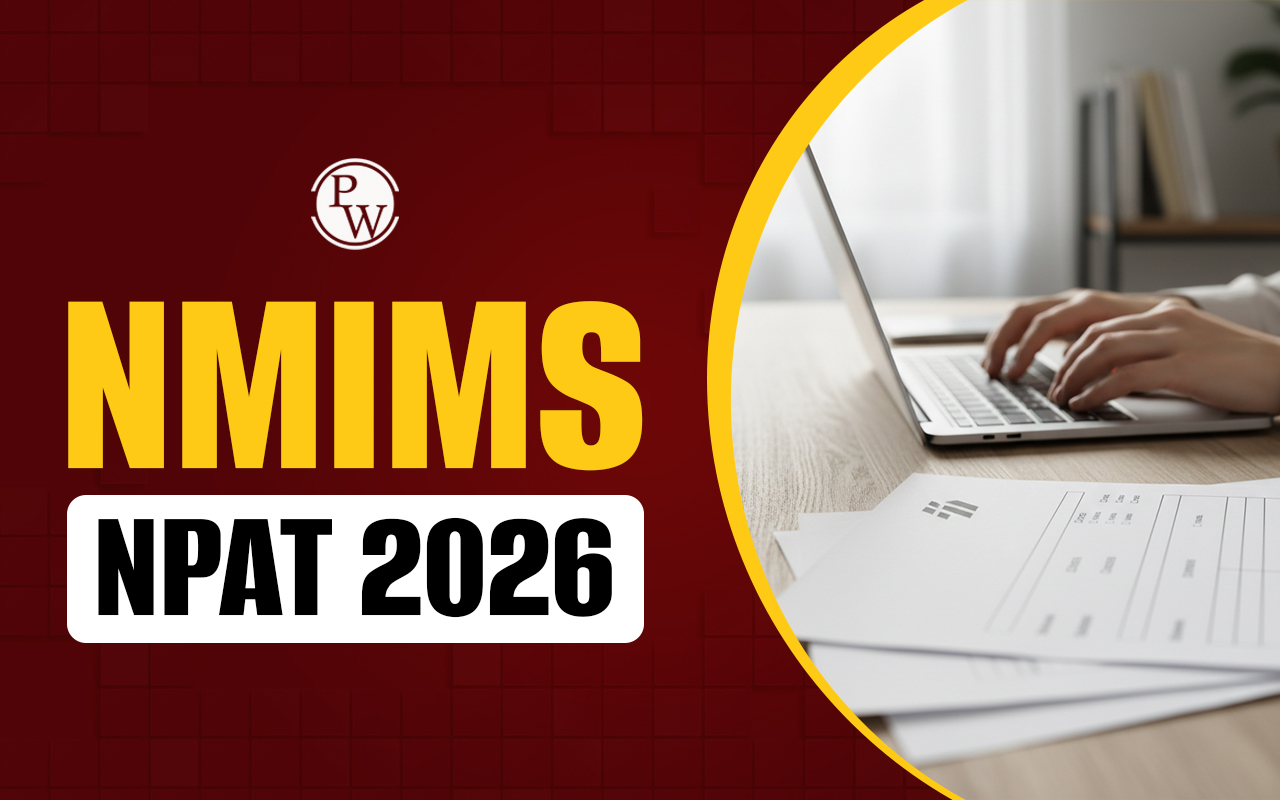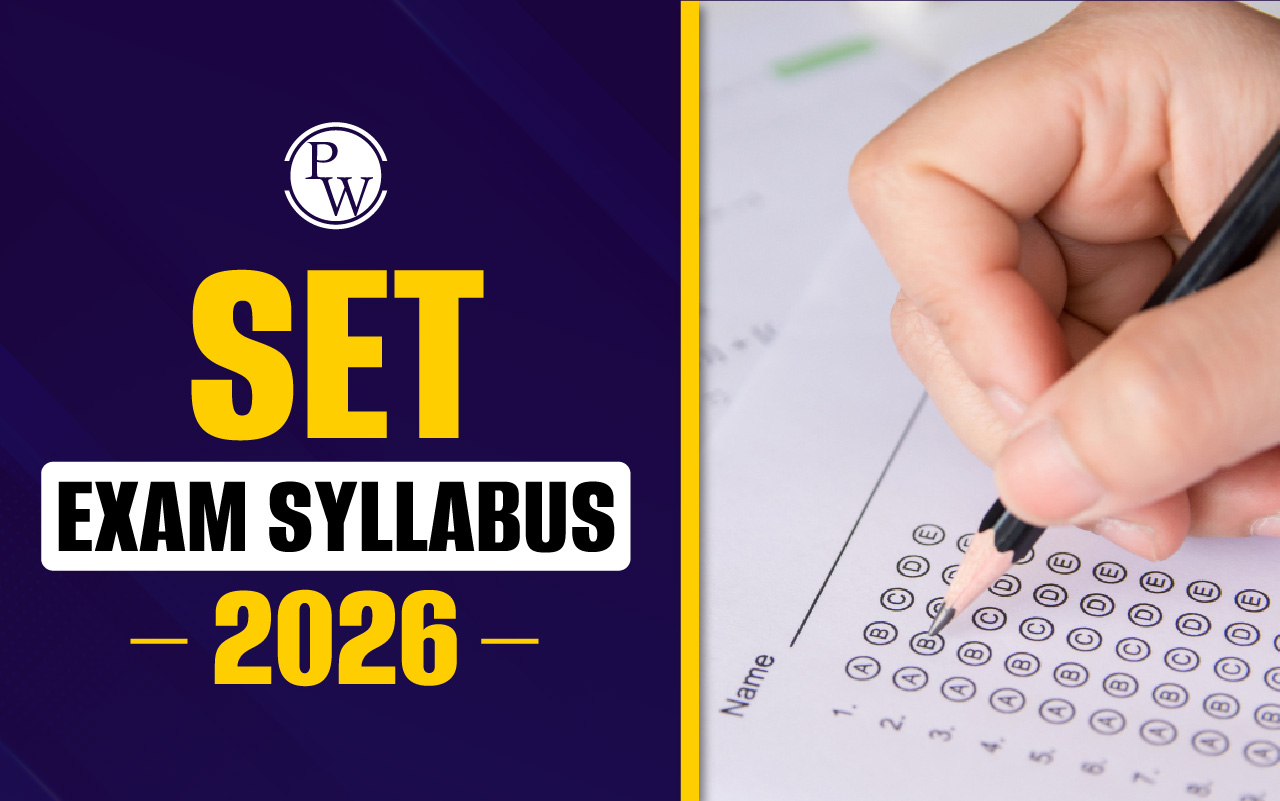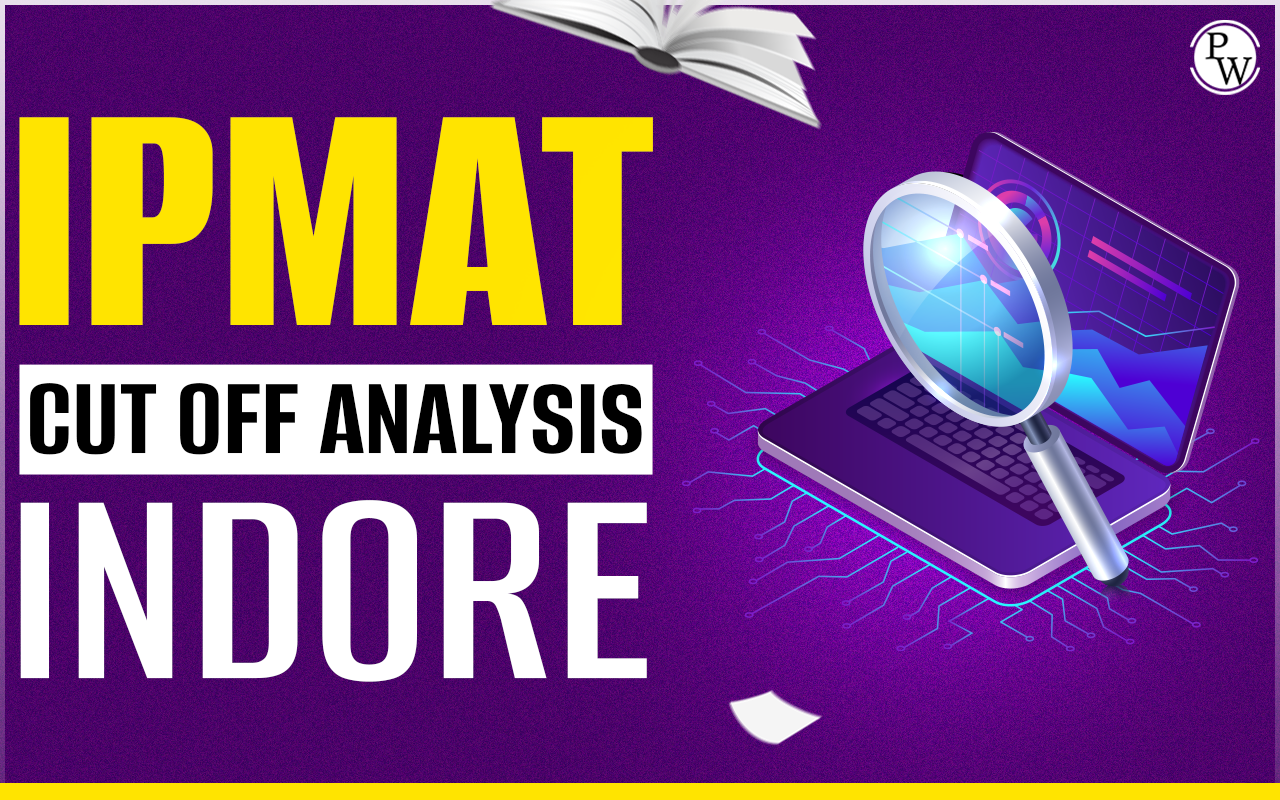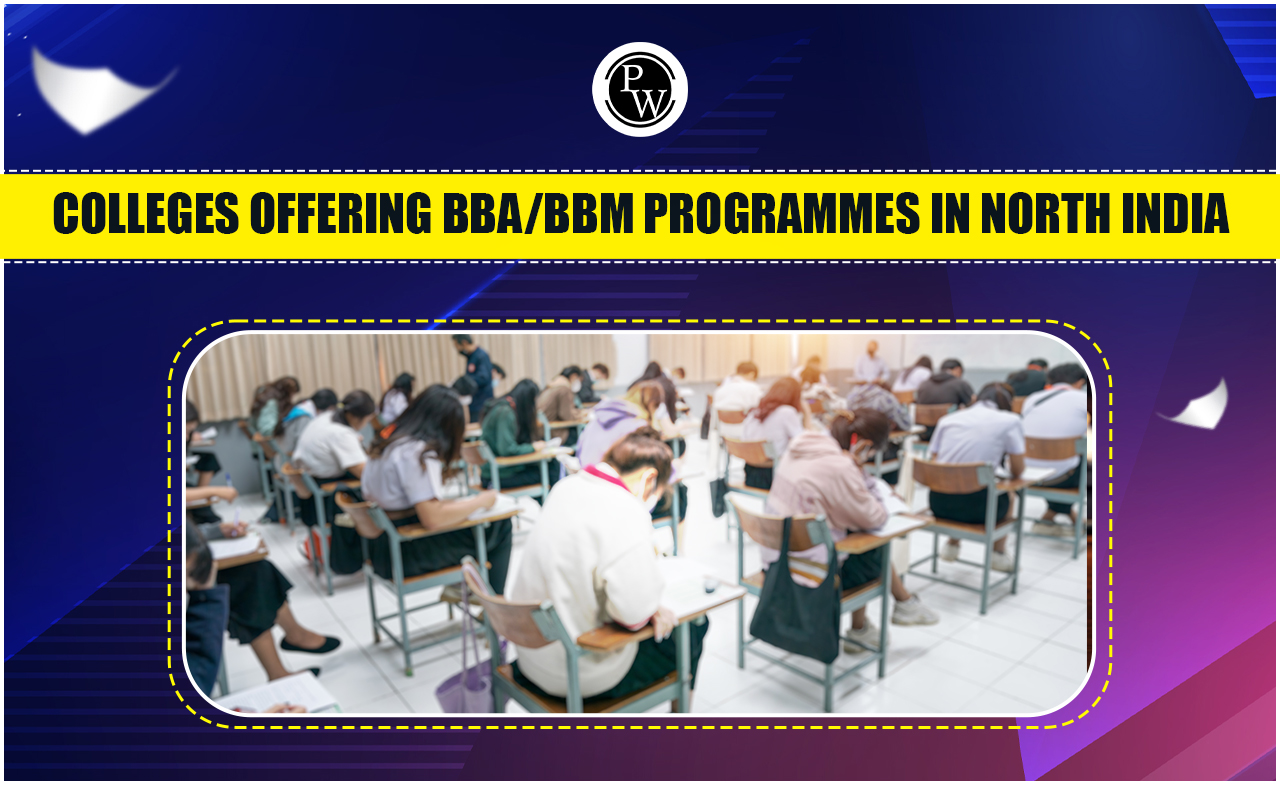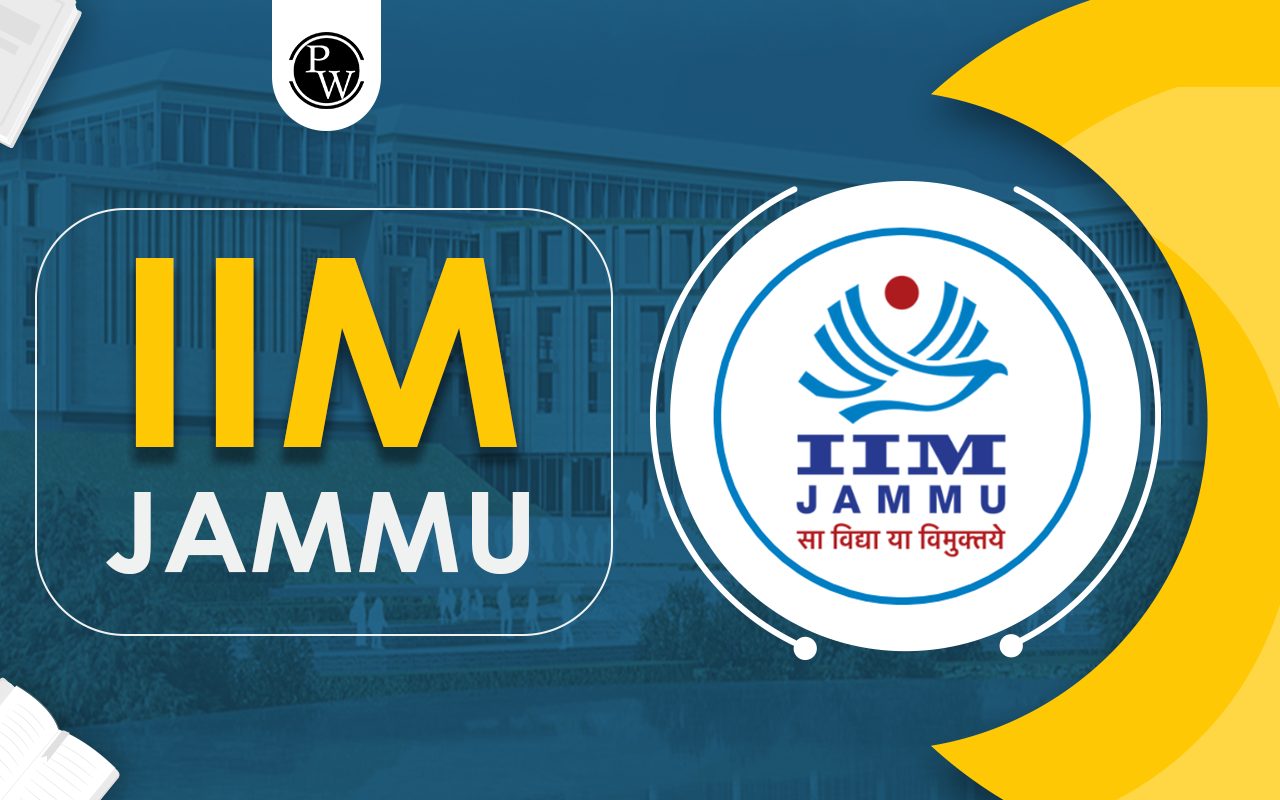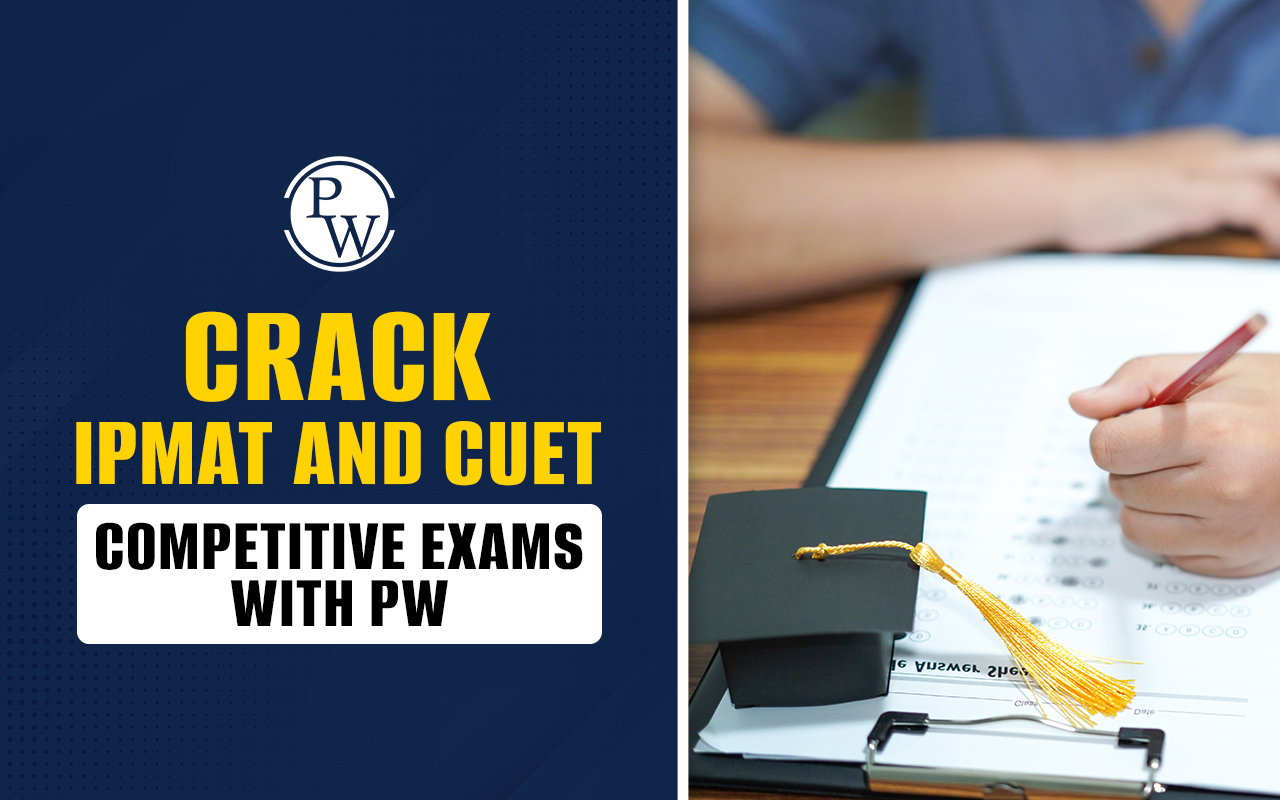
IPM aptitude test: The Integrated Program in Management (IPM) Aptitude Test is an important exam for those who want to join respected management schools like IIM Indore, IIM Rohtak, IIM Bodh Gaya, and IIM Jammu. In this test, the logical reasoning part is very important and counts a lot towards the final score.
- To do well in the logical reasoning part, candidates need to understand different ideas well and be able to use them effectively. This part of the test checks how well candidates can think critically, analyze things, and solve problems.
What is the IPM aptitude test?
The IPMAT (Integrated Program in Management Aptitude Test) is a crucial entrance exam conducted by the Indian Institutes of Management (IIMs) for admission to their five-year Integrated Program in Management (IPM). Key points about the IPMAT exam include:- Purpose: The IPMAT exam is the gateway to the prestigious five-year Integrated Program in Management (IPM) offered by various IIMs.
- Exam Format: It consists of multiple-choice questions and short-answer questions covering subjects like quantitative ability, verbal ability, and logical reasoning. The exam is conducted online and is followed by a Personal Interview (PI).
- Eligibility: Candidates who have completed or are in their 12th grade are eligible to take the IPMAT exam. The eligibility criteria require a minimum percentage of 60% for general candidates and 55% for SC/ST/PwD candidates.
- Participating IIMs: Prominent IIMs offering admission through the IPMAT exam include IIM Indore, IIM Rohtak, IIM Jammu, IIM Bodh Gaya, and IIM Ranchi.
- Benefits: Successful candidates secure admission to the IPM program at IIMs, which integrates undergraduate and postgraduate education, providing excellent job opportunities. The IPM program is highly esteemed by companies for its comprehensive curriculum and early managerial exposure.
How to attempt the logical reasoning section?
To attempt the logical reasoning section effectively, follow these steps. By following these steps, you can effectively attempt the logical reasoning section and improve your chances of achieving a high score.Step 1: Understand the Format and Time Limit
- Format: Logical reasoning sections typically consist of multiple-choice questions that test your ability to analyze situations, identify patterns, and make logical deductions.
- Time Limit: Familiarize yourself with the time allocated for the section. This will help you manage your time effectively and ensure you answer all questions.
Step 2: Read the Questions Carefully
- Read the Question Stem: Pay attention to the question stem, which is the part of the question that asks for a specific type of information. This helps you focus on what the question is asking.
- Read the Options: Read each option carefully to understand the different possible answers. This will help you identify the correct answer and avoid common mistakes.
Step 3: Identify the Type of Question
- Pattern Recognition: Some questions may involve recognizing patterns, such as sequences or series. Identify these patterns to answer the question correctly.
- Logical Deductions: Other questions may require you to make logical deductions based on the information provided. Use the information to deduce the correct answer.
- Analytical Thinking: Some questions may require you to analyze a situation and make a logical conclusion. Use your analytical skills to identify the correct answer.
Step 4: Eliminate Incorrect Options
- Eliminate Options That Are Clearly Incorrect: If an option is obviously incorrect, eliminate it to increase your chances of choosing the correct answer.
- Eliminate Options That Are Not Supported by the Information: If an option is not supported by the information provided in the question, eliminate it.
Step 5: Choose the Best Option
- Choose the Option That Best Supports the Information: After eliminating incorrect options, choose the option that best supports the information provided in the question.
- Choose the Option That Is Most Logically Consistent: If multiple options are still viable, choose the one that is most logically consistent with the information provided.
Step 6: Review Your Answers
- Review Your Answers: Once you have completed the section, review your answers to ensure you have answered all questions correctly.
- Check for Any Mistakes: Check for any mistakes or errors in your answers.
Step 7: Practice and Improve
- Practice: Practice logical reasoning questions to improve your skills and build your confidence.
- Improve Your Analytical Skills: Improve your analytical skills by practicing different types of logical reasoning questions.
What are the different types of Logical Reasoning Questions?
The different types of logical reasoning questions include:- Assumption Questions: These questions require you to identify the assumptions made in an argument to evaluate its validity.
- Flaw Questions: Flaw questions ask you to identify the errors or weaknesses in an argument.
- Inference Questions: Inference questions require you to draw conclusions based on the information provided in the argument.
- Strengthen Questions: Strengthen questions ask you to identify new evidence that supports the conclusion of an argument.
- Weaken Questions: Weaken questions require you to find evidence that weakens the argument's conclusion.
- Paradox Questions: Paradox questions involve explaining seemingly contradictory results or situations.
- Parallel Flaw Questions: These questions ask you to identify arguments with similar flaws to a given argument.
- Parallel Reasoning Questions: Parallel reasoning questions require you to find arguments with similar reasoning structures to a given argument.
- Principle Questions: Principle questions ask you to apply a general principle to a specific situation.
- Method of Argument Questions: These questions focus on the reasoning method used in an argument.
- Role of Statement Questions: Role of statement questions ask you to identify the role a statement plays in an argument.
- Evaluate the Conclusion Questions: Evaluate the conclusion questions, which require you to assess the validity of an argument's conclusion.
- Point of Contention Questions: These questions involve identifying the main point of disagreement in an argument.
- Point of Agreement Questions: Point of agreement questions ask you to identify the main point of agreement in an argument.
- Main Point/Conclusion Questions: These questions focus on identifying the main point or conclusion of an argument.
IPM aptitude test FAQs
What is the purpose of the IPMAT exam?
The IPMAT exam serves as the gateway to the prestigious five-year Integrated Program in Management (IPM) offered by various IIMs.
Who is eligible to take the IPMAT exam?
Candidates who have completed or are in their 12th grade are eligible to take the IPMAT exam. The eligibility criteria require a minimum percentage of 60% for general candidates and 55% for SC/ST/PwD candidates.
What subjects does the IPMAT exam cover?
The IPMAT exam covers subjects like quantitative ability, verbal ability, and logical reasoning.
Which IIMs offer admission through the IPMAT exam?
Prominent IIMs offering admission through the IPMAT exam include IIM Indore, IIM Rohtak, IIM Jammu, IIM Bodh Gaya, and IIM Ranchi.
How important is the logical reasoning section in the IPM aptitude test?
The logical reasoning section is very important in the IPM aptitude test and counts significantly towards the final score. It assesses candidates' critical thinking, analytical skills, and problem-solving abilities.
🔥 Trending Blogs
Talk to a counsellorHave doubts? Our support team will be happy to assist you!

Check out these Related Articles
Free Learning Resources
PW Books
Notes (Class 10-12)
PW Study Materials
Notes (Class 6-9)
Ncert Solutions
Govt Exams
Class 6th to 12th Online Courses
Govt Job Exams Courses
UPSC Coaching
Defence Exam Coaching
Gate Exam Coaching
Other Exams
Know about Physics Wallah
Physics Wallah is an Indian edtech platform that provides accessible & comprehensive learning experiences to students from Class 6th to postgraduate level. We also provide extensive NCERT solutions, sample paper, NEET, JEE Mains, BITSAT previous year papers & more such resources to students. Physics Wallah also caters to over 3.5 million registered students and over 78 lakh+ Youtube subscribers with 4.8 rating on its app.
We Stand Out because
We provide students with intensive courses with India’s qualified & experienced faculties & mentors. PW strives to make the learning experience comprehensive and accessible for students of all sections of society. We believe in empowering every single student who couldn't dream of a good career in engineering and medical field earlier.
Our Key Focus Areas
Physics Wallah's main focus is to make the learning experience as economical as possible for all students. With our affordable courses like Lakshya, Udaan and Arjuna and many others, we have been able to provide a platform for lakhs of aspirants. From providing Chemistry, Maths, Physics formula to giving e-books of eminent authors like RD Sharma, RS Aggarwal and Lakhmir Singh, PW focuses on every single student's need for preparation.
What Makes Us Different
Physics Wallah strives to develop a comprehensive pedagogical structure for students, where they get a state-of-the-art learning experience with study material and resources. Apart from catering students preparing for JEE Mains and NEET, PW also provides study material for each state board like Uttar Pradesh, Bihar, and others
Copyright © 2025 Physicswallah Limited All rights reserved.
Get App
